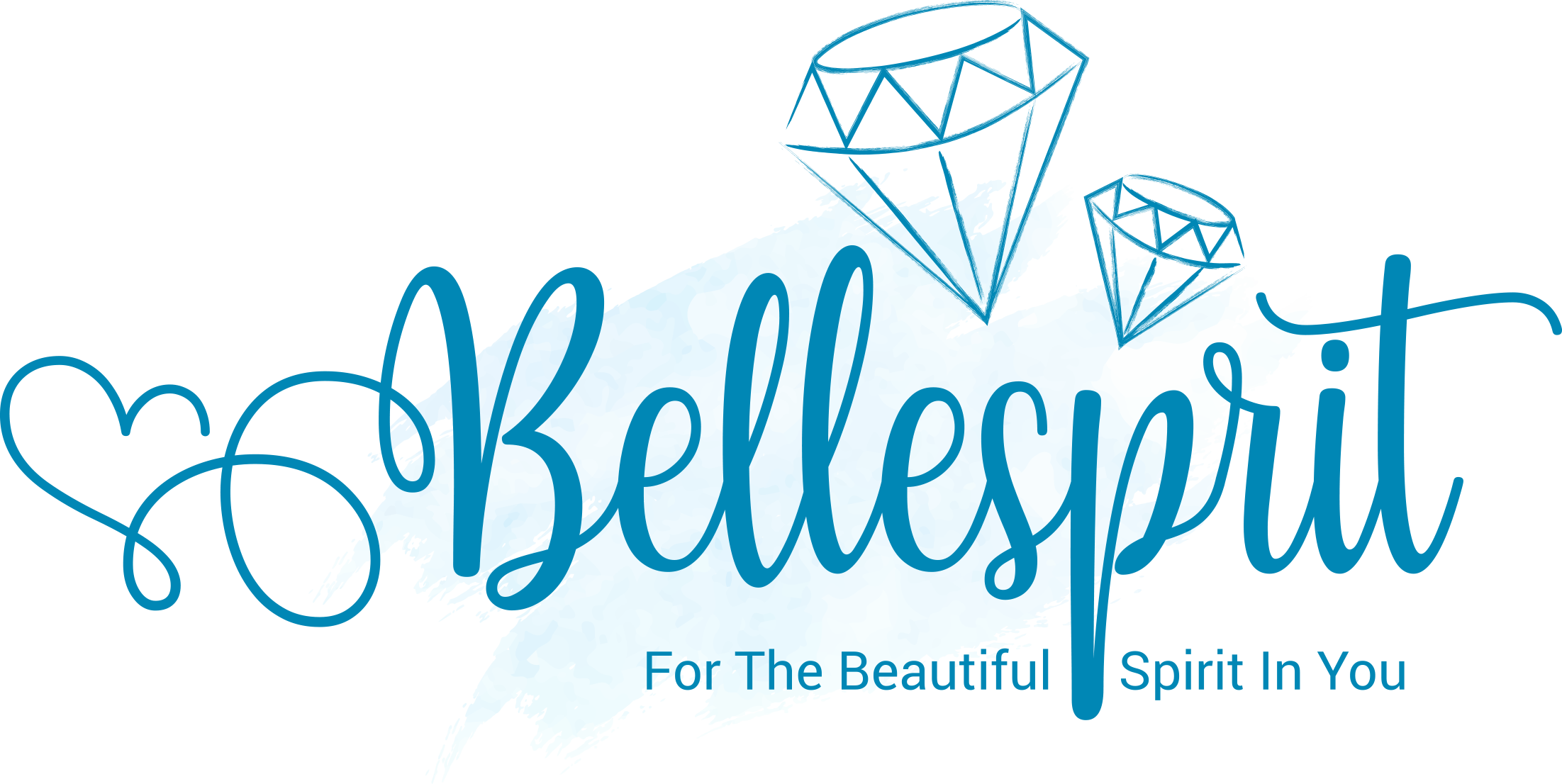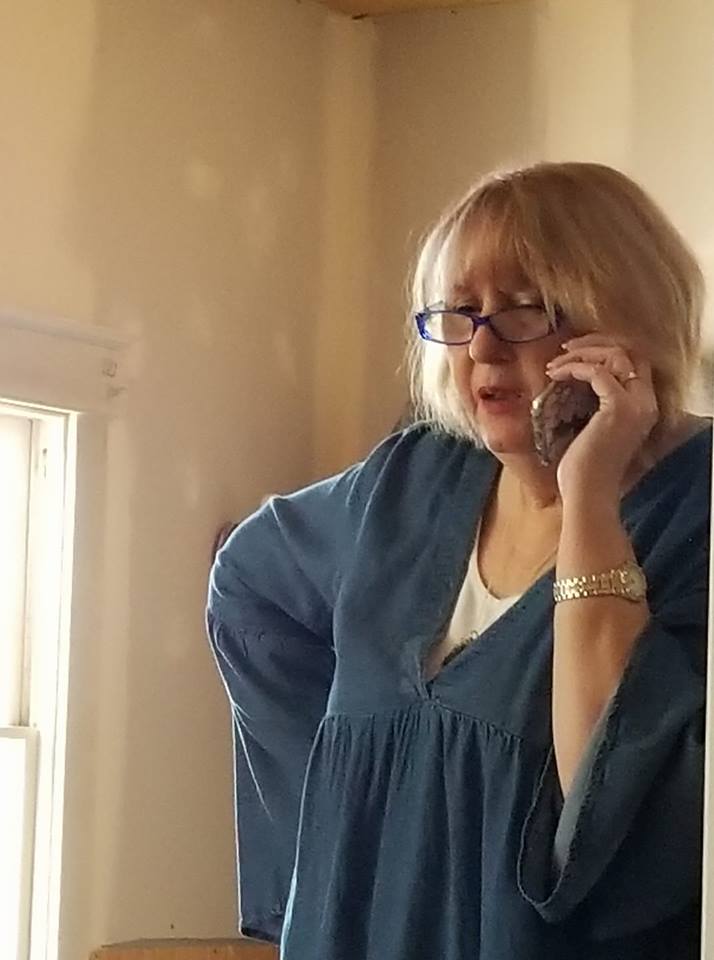Excerpt from The Third Circle Protocol: How to Relate to Yourself and Others in a Healthy Vibrant, Evolving Way Always and All-Ways by Georgina Cannon the author tackles the age-old problem of the ‘unloved ones’ – the relatives, friends of friends and colleagues we don’t like but have to put up with especially around the holidays…
Let us not look back in anger, nor forward in fear, but around in awareness ~ James Thurber
 This article is about the people you are supposed to like or love but can’t stand, such as extended family or friends of friends. Currently, most relationships are forged from the erroneous idea that we have to be the same to get along and that differences between us are to be avoided at all costs.
We all have ’em. Friends that we love deeply who have friends we can’t stand. Extended family members who are disruptive, emotionally diminishing, or just plain pains in the butt! If we had the choice, these people wouldn’t be a part of our lives but because they are, through loving connections with others, we have to find a way of making the relationship with them work (without too many sighs or feelings of martyrdom, which are soooo unattractive <<grin>>).
Often in our minds, conflict can be resolved only with an I-win-you-lose self-righteous stance (legs spread, hands on hips, chin raised!). But that doesn’t work long term in any setting. And if your unloved ones are going to be with you for a while (a job, a family, or a friend of a friend), you need to rethink that and really grow up. Put your big person pants on, and make it work. Living alongside our “unloved ones” takes some planning, forethought, and initial work. We need to go inside ourselves to find out what exactly bothers us—and then realize that we expect people to take us the way we are, but we don’t take other folks the way they are! It’s a shocking truth, but it’s reality.
So, if we don’t first take the time to go within ourselves, we often go without the peace and freedom that comes with understanding and allowance. We also need to recognize all the “yes, but’s” we put up along the way.
This article is about the people you are supposed to like or love but can’t stand, such as extended family or friends of friends. Currently, most relationships are forged from the erroneous idea that we have to be the same to get along and that differences between us are to be avoided at all costs.
We all have ’em. Friends that we love deeply who have friends we can’t stand. Extended family members who are disruptive, emotionally diminishing, or just plain pains in the butt! If we had the choice, these people wouldn’t be a part of our lives but because they are, through loving connections with others, we have to find a way of making the relationship with them work (without too many sighs or feelings of martyrdom, which are soooo unattractive <<grin>>).
Often in our minds, conflict can be resolved only with an I-win-you-lose self-righteous stance (legs spread, hands on hips, chin raised!). But that doesn’t work long term in any setting. And if your unloved ones are going to be with you for a while (a job, a family, or a friend of a friend), you need to rethink that and really grow up. Put your big person pants on, and make it work. Living alongside our “unloved ones” takes some planning, forethought, and initial work. We need to go inside ourselves to find out what exactly bothers us—and then realize that we expect people to take us the way we are, but we don’t take other folks the way they are! It’s a shocking truth, but it’s reality.
So, if we don’t first take the time to go within ourselves, we often go without the peace and freedom that comes with understanding and allowance. We also need to recognize all the “yes, but’s” we put up along the way.
It isn’t the mountain ahead that wears you out; it’s the grain of sand in your shoe. ~ Robert W. ServiceSo let’s start. In general, we usually like people who are like us: same values, same patterns, same way of seeing the world. So, if we can find a way to make ourselves in some way—however small—like or appreciate the person who drives us crazy, there’s a possibility that we can make our life easier. “You are kidding, right? Make myself like that idiot who drives me nuts. Madame Drama Queen? Gossip-hungry, two-faced know-it-all. Why would I want to do that?” Relax… I’m not asking you to turn into a mealy-mouthed, small-minded person, or a world’s-coming-to-an-end drama debutante, or even a gossip hungry, smiley-faced, stab-you-in-the-back cousin. Listen carefully, and read s-l-o-w-l-y (yes, calm down…). I said, make ourselves, in some way—some way, which includes subconscious body movements, speech patterns, even breath rhythm. Because science has shown that human beings all have a need to be accepted and appreciated. We subconsciously check for similarities or differences in others. We need to find—or make — a “sameness”: the existence of common ground, of common humanity. If we can make ourselves similar by something as simple as breathing in the same sequence, or talking at the same pace, or sitting in the same position, we create a deep subconscious feeling of acceptance. And the other person doesn’t even know it’s happening. In neurolinguistic programming (NLP) jargon, it’s called “rapport” subconscious rapport. All the other person knows is that they feel more comfortable with you. You might want to read some NLP books or take some classes to find out more. I promise you, it will make a h-u-u-u-ge difference in your life, especially in your relationships with the unloved ones.
Generosity arises on its own steam. It is not debated. It comes without being bidden. It comes because your heart simply desires to go this way and not another. Your heart may not even be aware of feeling generous, because this is what your heart wants to do, the same way you open a window when you want a breeze. ~ HeavenLetters.orgThe next level of change in moving toward co-habitation on this planet with the unloved ones is listening. Really listening. Listen to the other with a view to understanding, not disagreement or agreement. This is not the time to prove you are right and they are wrong. You are listening and learning their view of their world so that you can better understand their personal needs, hopes, dreams, and wishes. Whether or not they share the same political views or social understandings as you do, it’s more important to realize where you are similar—love of family, animals, the outdoors … whatever. Make it your goal to find the sameness, not the differences. It changes the energy between you. Everyone wants to be accepted and respected for who they are. It’s your job, as the person who wants to live in harmony, to find that place in them that can be respected and accepted in your mind and heart. Be generous with yourself, without losing your core. Life gets easier that way. And most importantly, you retain your power – your strength. You don’t lose it to anger or irritation. You are in charge!
The willingness to accept responsibility for one’s own life is the source from which self-respect springs. ~ Joan DidionLife Values Changes Chart List and look at your life values, and see how you can apply them to this relationship. Never mind what you perceive the other person to be—Untrustworthy, Mean-Spirited, and so forth—it’s what you are that will make the difference. And if one of your values is Kindness, then use it, knowing that how you change will change the relationship and the energy around it. Once you change the energy, everything changes. Life Values:
- ____________________________________________________
- ____________________________________________________
- ____________________________________________________
- ____________________________________________________
- ____________________________________________________
- ____________________________________________________
- ____________________________________________________
- ____________________________________________________
- ____________________________________________________
- ____________________________________________________
- How am I inappropriately feeling and acting in this situation?
- What’s going through my head, and what am I feeling in my body to respond this way? Irritable? Self-righteous? Fearful? Resentful?
- About myself
- About the others
- About the situation?
- I want …
- I’d like …
- I’d prefer …
- It would be better if…
- What feelings would result if? …
- It’s unfortunate…
- I’m disappointed…
- I’m seriously concerned…
- I regret…
- I’m committed to…
- How do I keep this relationship healthy (or as healthy as it can be for the sake of my best friend, family, co-workers, and so forth)?
- What did I do today that seemed to improve the relationship?
- Did my actions enhance and enrich the relationship in the long term?
- What are my concerns about this relationship?
- What do I really want from this relationship?
- Living in anger or irritation is no way to live; it’s damaging to mind and body.
- There are always some points of connection if we look hard enough.
- They are who they are, and they have a right to be who they are … as do you.



